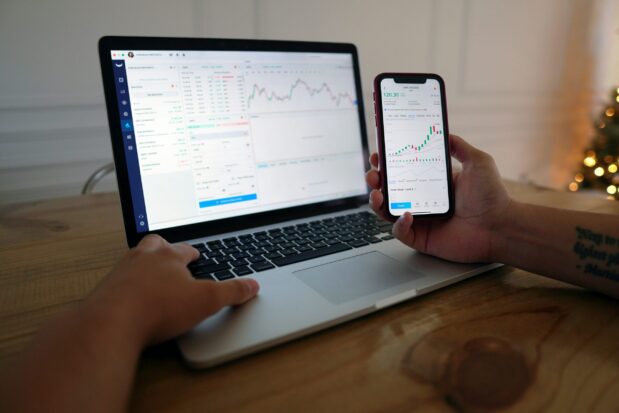Today, I will explain the following website. (AI-generated)
日本の衆院選での与党過半数割れに円が揺れる…3カ月ぶりの円安水準に(中央日報日本語版) – Yahoo!ニュース
Contents
Understanding the Impact of Japan’s Election Results on the USD/JPY Exchange Rate
The recent House of Representatives election in Japan has led to significant fluctuations in the value of the yen, with the currency reaching a three-month low against the dollar. The political upheaval, marked by the ruling party’s failure to secure a majority for the first time in 15 years, has prompted global investors to sell yen and buy dollars, contributing to the yen’s depreciation.
Political Shifts in Japan: How the Election Outcomes Affect Currency Values
Political factors have played a substantial role in the yen’s rapid decline. The setback for the Liberal Democratic Party and its coalition partner Komeito has placed Prime Minister Ishiba’s administration in a precarious position, just one month after taking office. This has cast doubt on the future of ‘Ishibanomics,’ which includes policies like interest rate hikes and strengthened taxation on financial income.
The Role of ‘Ishibanomics’ and Its Influence on the Yen’s Performance
‘Ishibanomics’ refers to the economic policies advocated by Prime Minister Ishiba, which are now under scrutiny. With the opposition parties favoring a more relaxed monetary policy and the continuation of ‘Abenomics,’ characterized by yen depreciation, there is a growing belief that the Bank of Japan may find it challenging to implement additional rate hikes, thereby exerting further downward pressure on the yen.
Market Reactions to the USD/JPY Exchange Rate Amidst Political Uncertainty
Financial markets have responded to the political uncertainty with a sell-off of the yen. This is evident from expert predictions that the yen could potentially fall to 155 yen per dollar. The anticipation of policy rate decisions by the Bank of Japan, amidst this political turmoil, is a key factor influencing market sentiment and the USD/JPY exchange rate.
Global Factors Influencing the USD/JPY Exchange Rate
Aside from domestic political events, international factors also significantly impact the USD/JPY exchange rate. These include the economic performance of the United States and geopolitical risks that can affect market confidence and currency values.
How the US Economic Outlook Contributes to Yen Depreciation
A strong US economy, coupled with the risk of a Trump reelection, has contributed to a robust dollar, which in turn has led to yen depreciation. The dollar index, which measures the value of the dollar against a basket of major currencies, has recently surpassed the 104 mark for the first time in three months, reflecting positive economic indicators in the US.
The Trump Effect: Anticipating Changes in the Dollar’s Strength
The prospect of a Trump victory in the presidential election has raised expectations for economic policies that could stimulate market interest rates, such as significant government bond issuance and tariff impositions leading to inflation. These factors have the potential to further elevate the dollar’s value against other currencies, including the yen.
Strategies for FX Traders in Times of Currency Volatility
For FX traders, navigating the volatile currency market requires a keen understanding of both domestic and international events that can influence exchange rates. Developing strategies to manage risks and capitalize on opportunities is crucial for success in forex trading.
Analysts from financial institutions like the Bank of New York Mellon have highlighted the increased political uncertainty in Japan as a factor that could drive the yen down to 155 yen per dollar. Traders should monitor political developments closely, as they can have immediate effects on currency values.
Understanding the Correlation Between the Yen and Other Asian Currencies
The yen often moves in tandem with other Asian currencies, such as the Korean won. A depreciating yen and a strengthening dollar can lead to a weaker won, affecting South Korea’s foreign exchange market. Traders should be aware of these correlations when making investment decisions.
Managing Risks and Opportunities in Foreign Exchange Trading
While political and economic uncertainties can introduce risks to forex trading, they also present opportunities for traders to profit from currency movements. By staying informed and employing prudent risk management strategies, traders can navigate these challenges and potentially achieve favorable outcomes.













